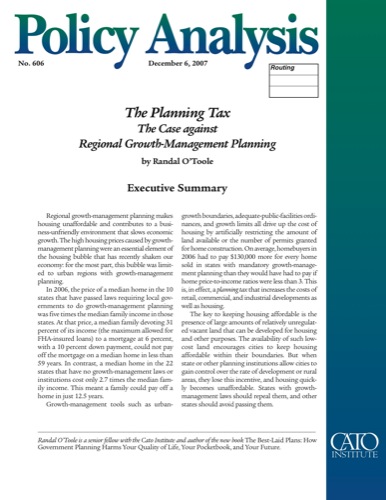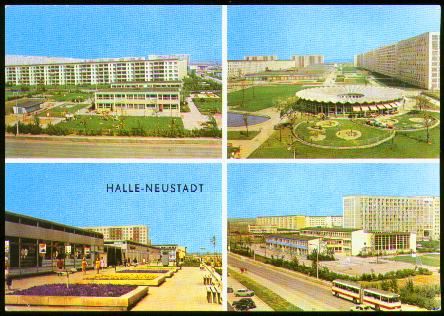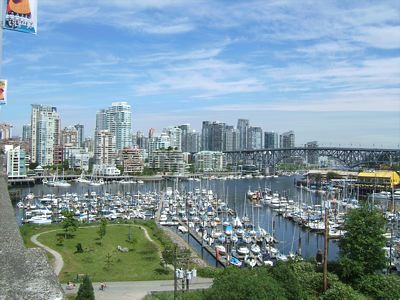Easy credit fed the flame of the recent housing bubble. But, as a paper published today by the Cato Institute shows, the flame that inflated the bubble was first ignited by anti-sprawl plans that created artificial housing shortages in many American cities and states. If planning had not boosted median housing prices to several times median family incomes, few homebuyers would have had to resort to sub-prime mortgages.
Click to download the report.
The Cato paper shows that a housing bubble really only took place in a dozen or so states. In the remaining states, increases in housing prices were relatively modest. For example, from 2000 to 2006 prices in California and Florida grew by more than 130 percent, while prices in Texas grew by only 30 percent.














